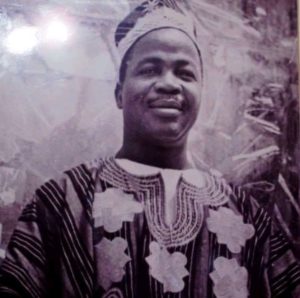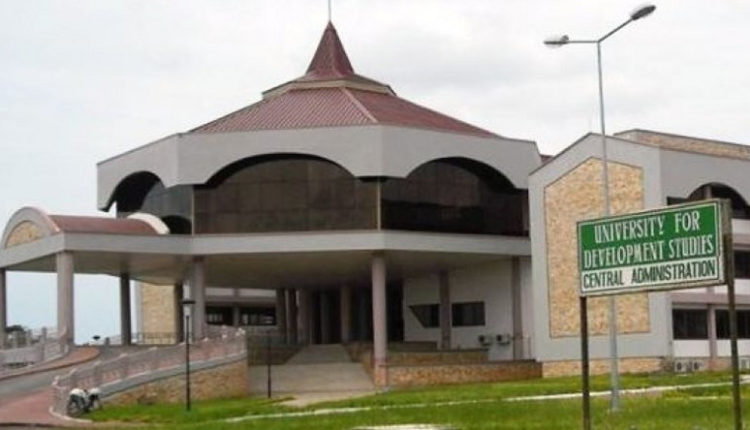Wa UDS now Dombo Univ. of Business and Integrated Devt. studies
The University for Development Studies, Wa, is now the Dombo University of Business and Integrated Development Studies.
The school has been renamed after Simon Diedong Dombo, one of the founding fathers of the Northern People’s Party formed on April 11, 1954.
The decision comes after Parliament passed the bill permitting the school to be autonomous having been an outlet of the University for Development Studies UDS, located in Tamale in the Northern Region.
It would be recalled that the Minority in Ghana’s Parliament kicked against the decision to rename the University after the man who is said to have contributed significantly to the Danquah-Busia-Dombo tradition.
Minority leader, Haruna Iddrisu called for more consultation on the matter but his suggestion was countered by Education Minister, Matthew Opoku Prempeh.
Mr. Opoku Prempeh argued that there had been no such precedent of ‘consultations’ before the renaming of national assets.
“What consultation was done when ‘Sankara Interchange’ was named after “Thomas Sankara?” he asked.
Profile of Simon Diedong Dombo
S.D. Dombo was a Politician, teacher and king.
Child of Chief Dong Kambo, and Kangayire Maal. He was born in the year 1923 at a village called Duori, in the Jirapa-Lambusie District of the Upper West Region. Both parents hailed from Duori. Dombo was nurtured in line with the culture, religious beliefs (African Traditional Religion) and social norms of the royal family in the palace of his father.

But later, specifically when he started school, he was converted to Christianity and chose Simon as his Christian and first name. From Lawra Primary School, Dombo proceeded to the Tamale Government Middle Boarding School in 1927.
After completing the Middle Boys‟ School, S. D. Dombo entered the Government Training College (Bagabaga College of Education) in Tamale which was opened on the 31st January, 1944.
After the completion of his course in 1946, S. D. Dombo was first posted to Eremon (a village near Duori) before moving to the Lawra Primary School.
He however, did not have a long teaching career as politics had taken a better part of him. And as a prince, he seemed to know that one day he would shoulder the traditional responsibility of Duori.
When his father died in 1938, he was one of the likely successors to the Douri skin by virtue of the fact that his father was the chief and also because of his educational background.
In 1950, Dombo was elected by the members of the Lawra Confederacy to represent them on the Northern Territories Council (Minutes of a meeting of Northern Territories, 1950, Tamale). The Northern Territories Council was duly established by Administrative Order in 1946.
He subsequently became a member of the Legislative Council on the ticket of the Northern Territories Council.
On the July 24, 1950, he took the Oath of Allegiance as extra-ordinary member of the Legislative Council and became the first indigenous person from the Protectorate to attend the Gold Coast Legislative Council as a member.
Within the Council, S. D. Dombo further assumed political and administrative roles. He also used that platform to fight for the rights of the people. He spearheaded the fight for political, economic, social and educational interests in which the North lagged behind the South.
His love for politics grew bigger so in April, 1954 he became the first Chairman of the Northern People’s Party (NPP) and one of the founding fathers of the party.
He served as Minister for Health and then Minister for Interior in the Busia government.
He had more than 30 children.


